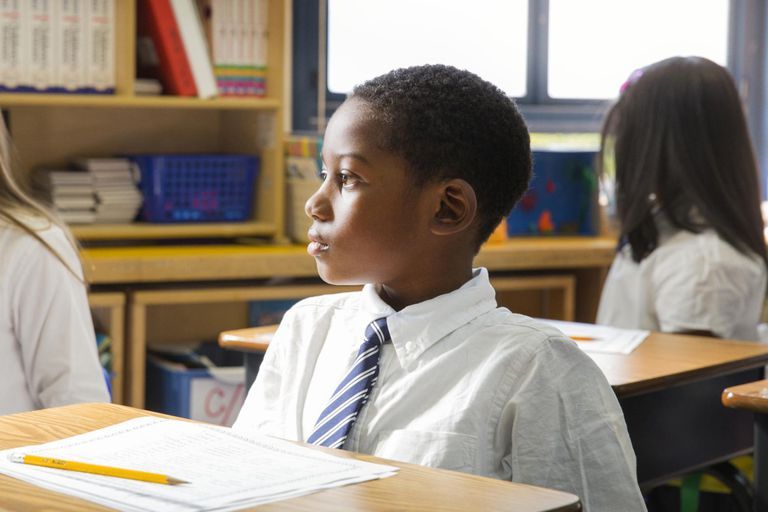20 Tips for Group Interviews
privacy policy
November 12, 20211. If you are feeling nervous, others will also be feeling nervous, even if they do not show it. I am sure the school staff will make you feel comfortable, and you will enjoy the activity. Keep calm and have a positive attitude about the activity.
2. Greet the interviewer or teacher by name. e.g. “good afternoon Mrs Porter”. Smile, make eye contact (for at least 3 seconds), and perhaps offer a handshake.
3. Introduce yourself to your peers in the group e.g. “hello, my name is X.It is lovely to meet you” (with a smile and warmth in your voice)
4. Be well-mannered and polite from beginning to end, including to the person at reception as you enter, holding open doors for people, saying please and thank you, and conducting yourself well even at break times.
5. Be opened minded, as the activity could involve anything, creating a poster, doing a presentation, having a discussion, designing a new school uniform or logo, or learning a new song or a dance routine. Get stuck in, even if it’s not something you’d usually do.
6. Listen carefully to the teacher’s instructions on what to do, the rules of the task, and the time allocated. You might to refer back to the task or remind teammates if the task is going off-track.
7. It may be a good idea as a group to have a plan before delving into the taskreconfirm your understanding of the task as a group, assign roles if necessary, or agree on what should be done in what order. As a minimum, agree on what is a good starting point. This will demonstrate leadership, strategy, communication,
and organisational skills
8. Have confidence in your ideas and your contribution- your ideas will be just as good as anyone else’s.
9. Teamwork is a balance of talking and listening- share your ideas but also ensure you genuinely listen to what others have to say- it is a balance between individual gain but also being a team player.
10. Consider putting your hand up if you want to speak, so people are not talking over each other
11. Build a connection with others by not just making your point, but also acknowledging other people’s point e.g. saying “that is a good point, or that’s a good idea…… I agree…… adding onto that” or using other connectives from their point to your point.
12. Show that you are listening with your body language, such as facing other people, making eye contact with someone who is speaking, nodding and acknowledge what they are saying with your body language, not just your words.
13. Disagree respectfully- do not say anything such as “that doesn’t make sense” or “you are wrong” and don’t be disrespectful in your body language e.g. rolling your eyes, sniggering, or smirking. You could use phrases such as “on the other hand” ….or “that’s interesting, I have a slightly different view on this’”.
14. Engage quieter members of the team; perhaps they might prefer to do the writing or another task. If it is a discussion address them by their name and ask them what they think; this shows leadership and empathy. Be helpful and considerate to all team members.
15. Do not get distracted by others –if they are being silly, noisy or misbehaving, just focus on the task. Do not get into heated arguments with anyone. Some children have not been offered school places due to being disrespectful to others.
16. Be adaptable- you might change your mind if someone has another suggestion or need to compromise your ideas to go along with the majority of your peers.
17. Do not assume the most talkative people have ‘won’ the interview. The school wants a balanced cohort of talkative and quieter/more reflective students- they won’t want a class full of only chatterboxes!
18. Do not worry if the person next to you gets something right and you didn’t- just try and answer another question or show that you know other things and have other skills.
19. Give credit to others for their work or teamwork- do not claim you did something if it was a ‘we’ and not ‘I’ task.
20. At the end say goodbye to your peers and something along the lines of “it was lovely to meet you’”
VIEW FULL DOCUMENT



